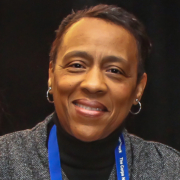
September is National Preparedness Month. With climate change aggravating natural disasters, it is more important than ever to be prepared. Corps around the country are helping to mitigate and slow the spread of potential disasters. In California, Urban Corps of San Diego County (UCSD) works hard to reduce the spread of wildfires through their Fire Fuel Reduction Program (FFR).
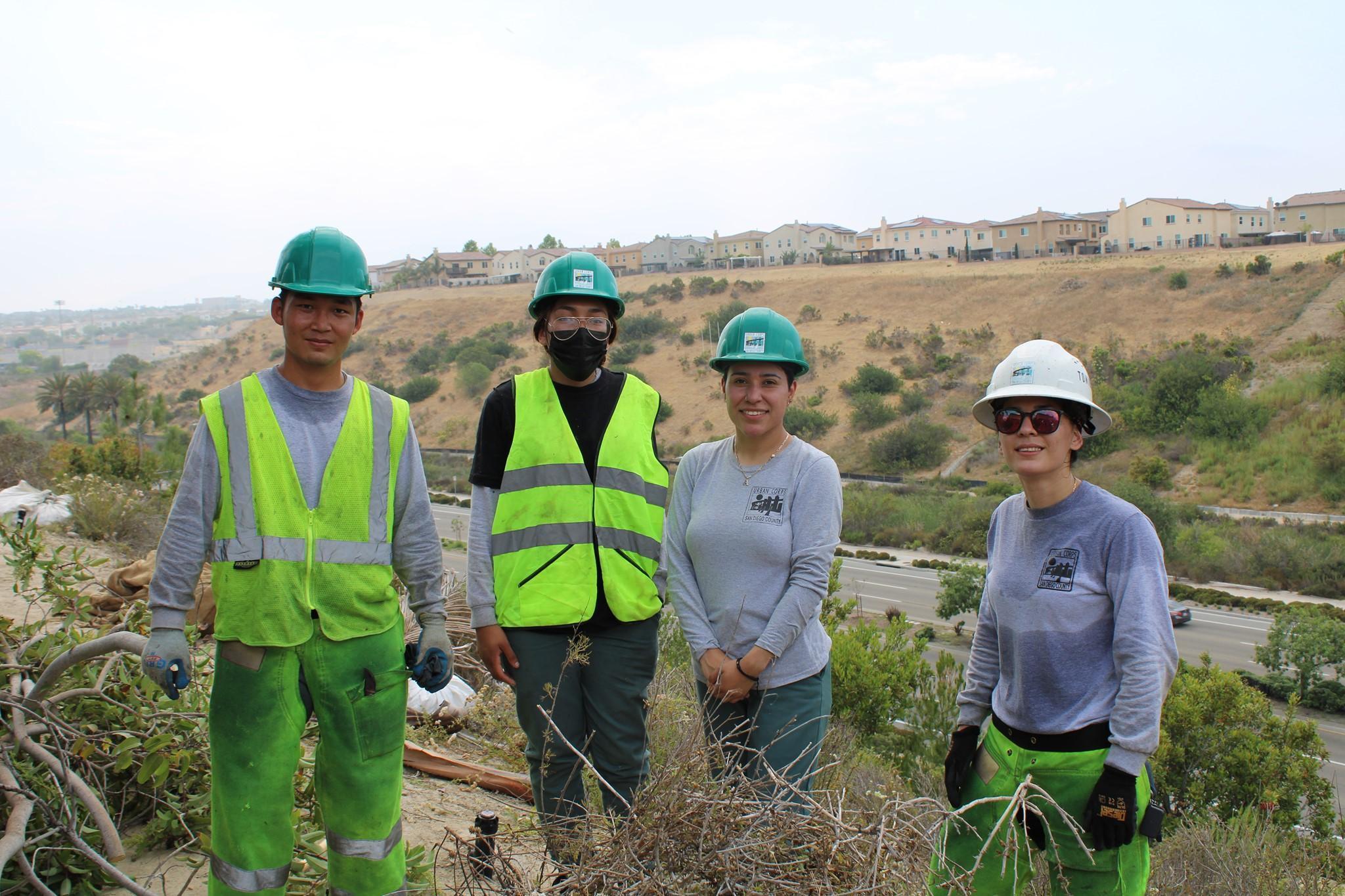
Program Background:
In 2021, the Fire Fuel Reduction Program has cleared over 45 acres of brush so far.
“The program began over 10 years ago,” said Sam Lopez, Urban Corps’ Operations Manager. “I received a phone call asking how our Corpsmembers could help the County tackle wildfires. The County Board of Supervisors knew that Urban Corps had a large labor force and our focus on conservation made it a win-win proposition. They asked me to come up with a meaningful project by the end of the week, and it was Thursday—so I came up with the Fire Fuel Reduction Program and employed over 250 young adults. They were all trained and certified in fire fuel reduction services.”
When the FFR program began, Corpsmembers worked alongside and were trained by the U.S. Forrest Service and the Viejas Fire Department to properly cut brush and identify native versus non-native plants.
“Had it not been for those two entities, we probably wouldn’t be in the game that we are in,” said Lopez.
The Viejas Band of Kumeyaay Indians is a local Native American tribe and because of their proximity to wildfires outbreaks and their experience managing them, they have been able to share best practices with UCSD staff and Corpsmembers. In addition to cutting brush and identifying plants, Viejas taught Corpsmembers to properly sharpen chainsaws, check for inoperable mechanisms, and jump into fire shelters. These skills help the Corps be safer and more effective.
Through the program, Corpsmembers receive several certifications which they can use in future roles in forestry and wildfire mitigation. These include the S130, S180 and S212 wildfire response certifications. Corpsmembers also learn about fire behavior and develop leadership and chainsaw skills. These are valuable to have as climate change enters uncharted territories and the need for a climate-ready workforce increases.
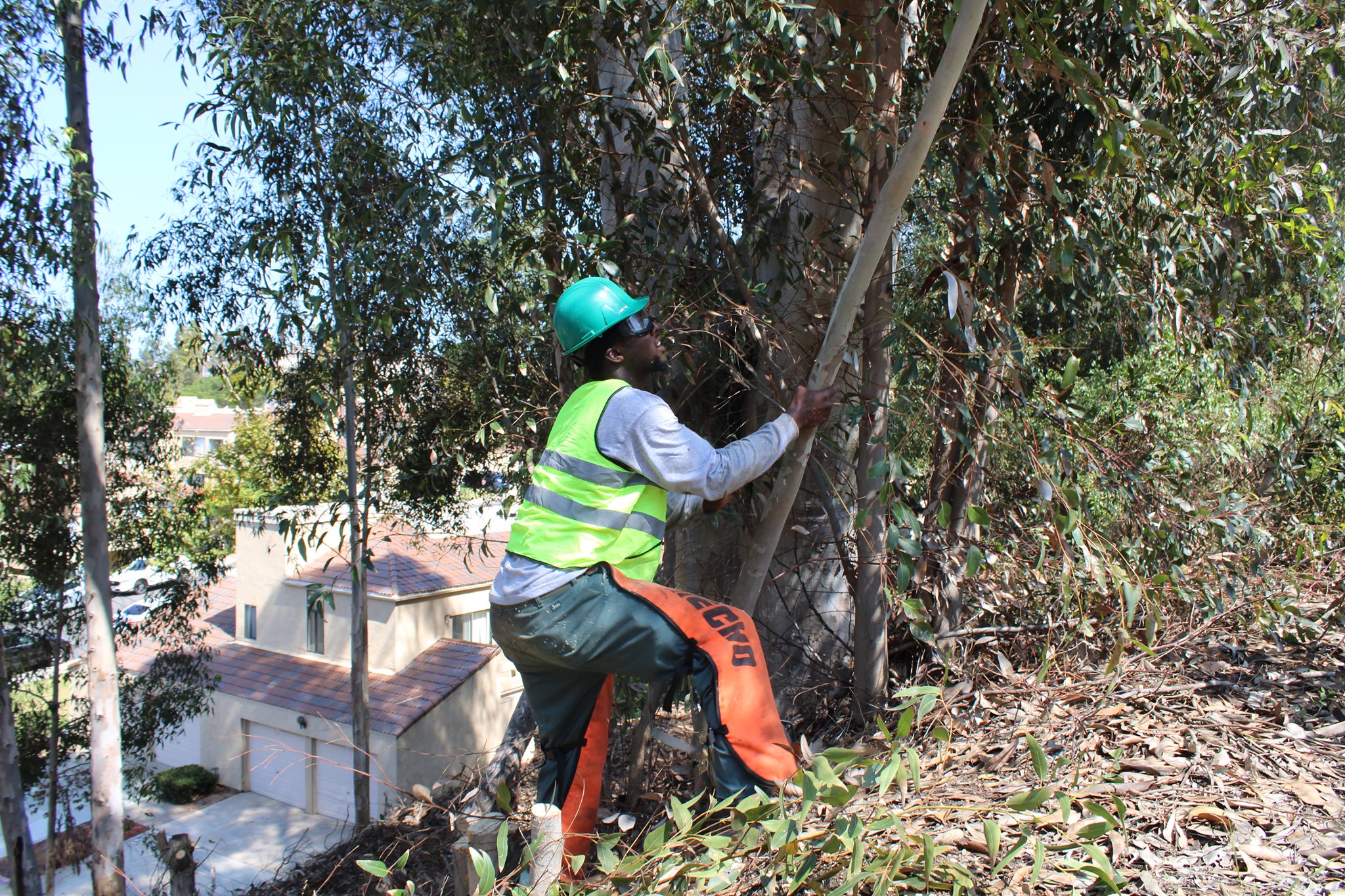
Program – Day to Day:
Brush management is the primary focus of the FFR Program. According to Jicel Gonzalez, a Corpsmember who has been with Urban Corps for two years, her crew gets to their site at 8:00 a.m.
“Everyone knows their job; you get there and know what you’re doing.”
Gonzalez feels her supervisors really help bring the crew together and prepare them for their tasks. Ivan Barrera, a supervisor who works with the FFR team says:
“On a regular day we will do a morning briefing, what our plan is, how we are going to tackle it, how we are going to divide our crews to get the most done.”
Barrera motivates the team by working alongside them. The crews become like family, doing work to help keep the community safe.
“They’re working, I want to work as hard if not harder than them, just so they see it’s not them doing all the work,” said Barrera.
Throughout the day, Corpsmembers cut and drag brush, trees and invasive species, and clear leaves. At the end of the day, they recycle the waste. Staff also train Corpsmembers in cutting techniques and ways to differentiate brush. Though their progress is affected by weather, terrain and sometimes even wildlife, the Corpsmembers clear a lot of acres. Gonzalez’s most recent project cleared 10 acres over the course of several months.
During the COVID-19 pandemic, crews are limited to five to six Corpsmembers. If a project requires more feet on the ground, two crews and two supervisors are sent if possible. Nevertheless, the program has continued successfully.
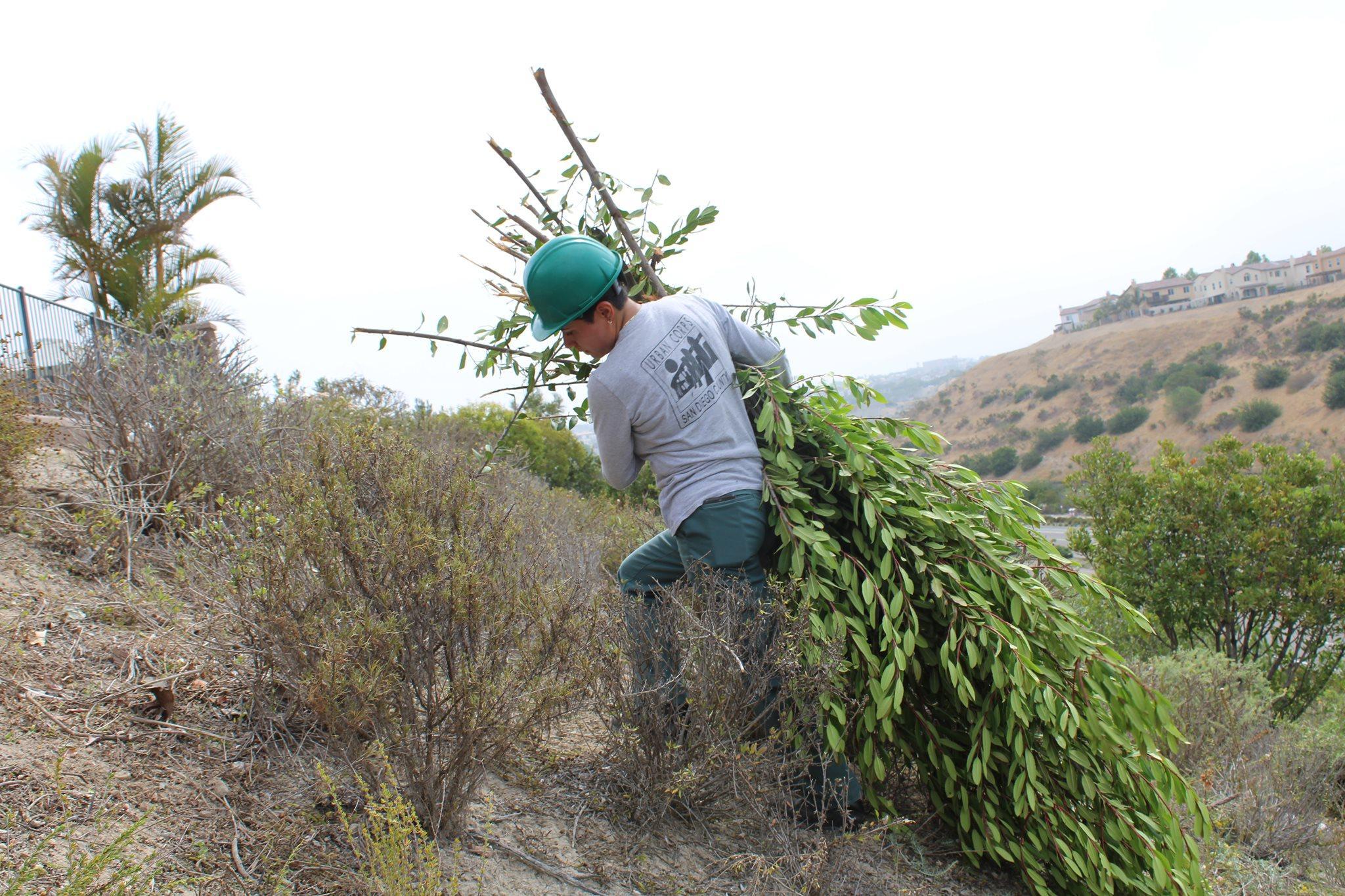
Corpsmembers:
The Corps depends on the relationship between their staff and Corpsmembers to get the job done. Barrera explains:
“I’m just really proud of the guys and the girls…going here and seeing people who are just willing to learn every time you offer it to them and seeing them try their hardest and learn all these new techniques…at the end of the day our shirts are drenched, and we are dying from exhaustion. It brings people together.”
Corpsmembers are 18-26 years old and, though most of them are from the City of San Diego, the Corps has members from all over San Diego County. They serve anywhere from a few months to several years, until they achieve their high school diploma. Corpsmembers join from diverse backgrounds and for various reasons. What brings them together, as Gonzalez puts it, is their desire to succeed:
“I came here, and I didn’t know anything about removing brush, I’d never done that kind of work and the supervisors really helped me. If you want to learn to cut with a chainsaw, they’re going to show you,” said Gonzales.
In addition to learning to use a chainsaw, Gonzalez is studying for her high school diploma and received her pesticide certification. She also learned to use tools like a weed whacker and chipper. She feels that her Corps experience has helped her to become more independent saying:
“I can make decisions by myself. If I want to get a job, I can get it for myself,” she said.
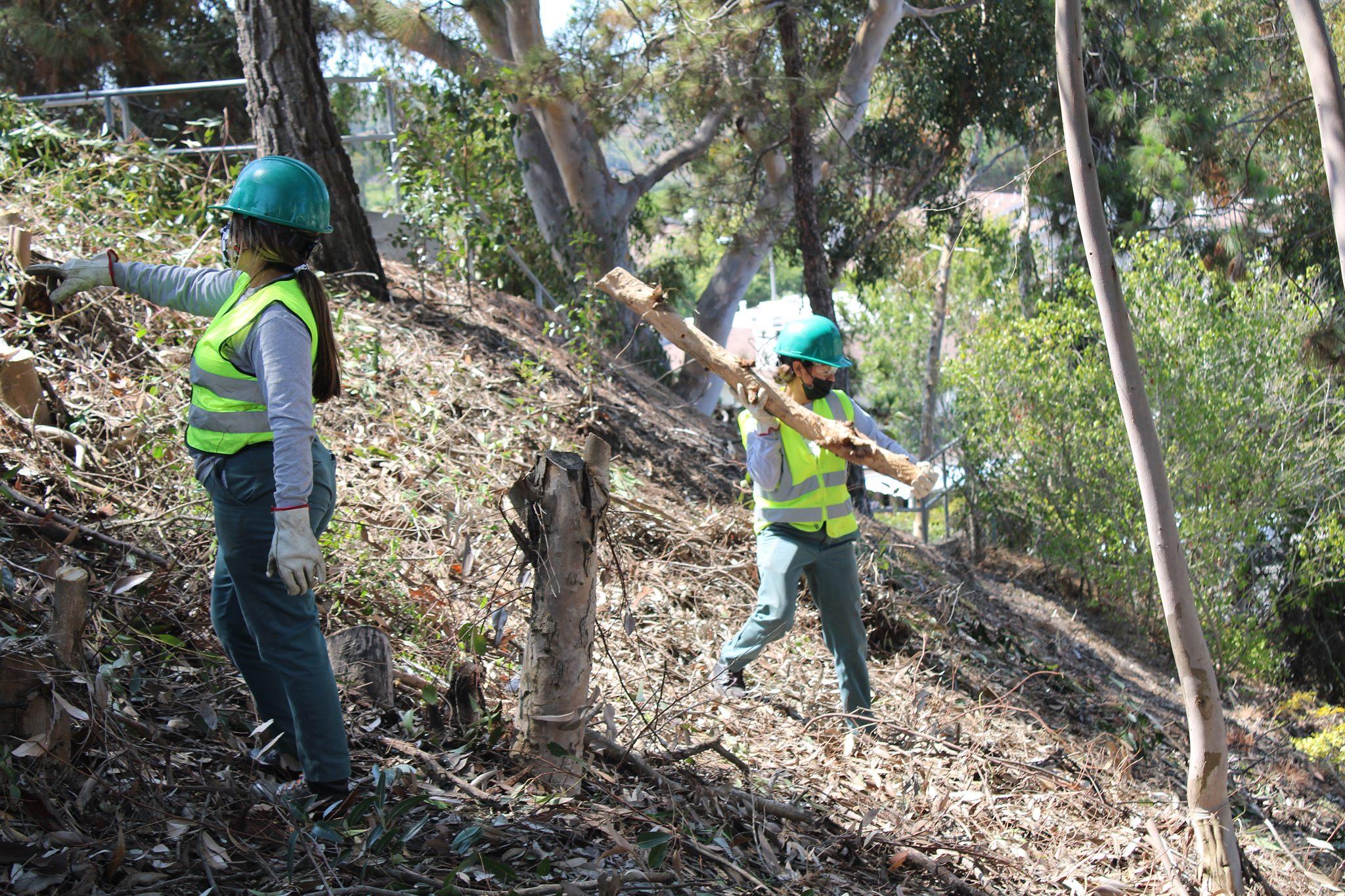
Outlook:
As climate change continues to exacerbate the effects of wildfires, there has been an increased need for the type of work that Urban Corps offers. Lopez says that, although the Corps receives funding from San Diego and other cities in the County, they work hard to show how valuable they are in protecting the community. Barrera notes that fire-fuel mitigation is the first step in prevention – the Corps’ work gives homeowners a way to protect their houses and make them feel a little safer. He says:
“With the climate getting hotter, it’s better to do [fire fuel mitigation] far ahead of time, before there’s a fire.”
Programs like Urban Corps of San Diego County’s Fire Fuel Reduction will continue to play an important role in the battle against climate change. Urban Corps is grateful for the role they play in fire safe efforts around the county helping protect communities, buildings and homes.

























